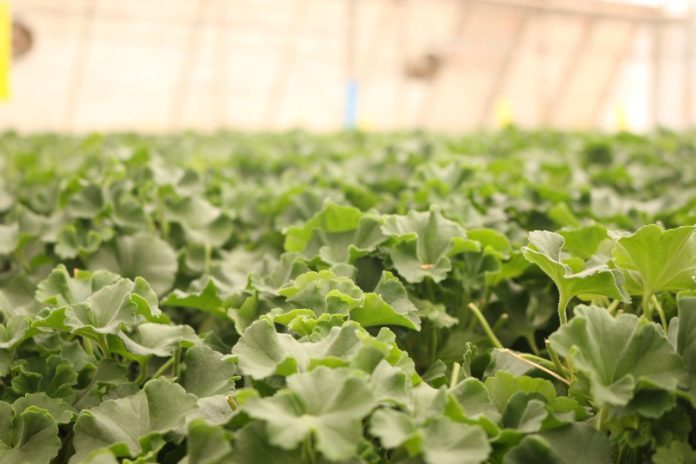Kenya has reaffirmed its commitment to maintaining high phytosanitary standards in the export of Pelargonium cuttings to the United States following a successful annual certification audit conducted by the United States Department of Agriculture’s Animal and Plant Health Inspection Service (USDA-APHIS). The audit, which took place last week, assessed compliance with the Ralstonia Exclusion Framework (REP) to ensure adherence to stringent plant health standards.
Pelargonium, a genus that includes perennials, succulents, and shrubs commonly known as geraniums or storkbills, is a significant export commodity for Kenya’s floriculture sector. The audits were conducted at key production facilities in Thika, Juja, and Naivasha, areas renowned for their thriving horticultural industry. This inspection underscores Kenya’s dedication to maintaining the integrity of its plant exports and ensuring they meet the high-quality standards required by the U.S. market.
The annual audit process is a crucial component of international trade, designed to mitigate the risk of Ralstonia solanacearum, a bacterial pathogen that poses a threat to plant health. Compliance with the REP framework not only safeguards the health of U.S. agriculture but also enhances Kenya’s reputation as a reliable source of quality plant cuttings.
By successfully passing the USDA-APHIS audits, Kenyan Pelargonium exporters continue to strengthen their foothold in the competitive global market. The certification reinforces the country’s position as a leading horticultural exporter, fostering confidence among international buyers and ensuring the sustainability of its floriculture industry.
With the increasing demand for high-quality ornamental plants, Kenya’s proactive approach to plant health compliance highlights its commitment to safe trade, benefiting both growers and consumers alike. Moving forward, the country remains focused on upholding global standards and expanding its reach in international markets.

